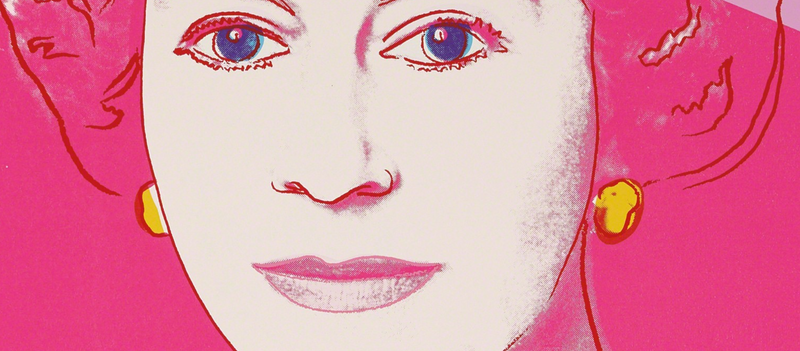Why does modern English only have one second person pronoun, so there’s no polite alternative to you? Is English more egalitarian compared to other languages? What happened to poor old thou? This is the story of two brothers trying to kill one another in order to rule: linguistic revolutions are not dinner parties, just like the political ones…
As an Italian native speaker, I’m used to shifting from informal tu to formal lei second person singular pronouns according to the level of intimacy I share with my interlocutor, their age and social status. Romance languages work this way: in French there's tu and vous, Spanish has tu and usted and so on. We’re not the only ones, though: Germanic languages such as Dutch and German also maintain two different pronouns, and the same thing happens in so many other linguistic families, as you’ll find out in this article.
This grammatical etiquette is called, by scholars, T-V distinction, from the distinction between the Latin pronouns tu and vos. But, why did it disappear in English? At first sight, this could be interpreted as a sign of a more enlightened, egalitarian attitude, but the truth is far more complex than that. This is when Shakespeare’s “O Romeo, Romeo, wherefore art thou Romeo?” came to my mind: o thou, thou, what happened to thee?
The history of thou and you is the linguistic equivalent of Hamlet’s plot: two brothers, one throne, one murder, and blood on the hands of the survivor. Let’s get back in time: at the beginning it was the Old English, which had two different forms for the second person pronouns:
However, thou and you didn’t differ on a formality level: thou was used for the singular, you for the plural. It wasn’t until the Middle English period that a new shade of meaning came up, and those pronouns became the tools to highlight social hierarchies. In Chaucer’s language, to quote Walter Skeat’s work on The Canterbury Tales, thou "is the language of a lord to a servant, of an equal to an equal, and expresses also companionship, love, permission, defiance, scorn, threatening: whilst ye is the language of a servant to a lord, and of compliment, and further expresses honour, submission, or entreaty." Do you see? Thou was the informal one! As time went by and society changed though, identifying people’s social status became less straightforward. In order not to disrespect the interlocutor, you, originally used for the plural and then to show respect to a superior (think about the expression “Your Majesty”) came to be used in all circumstances, stealing thou’s place and causing its irreversible extinction by the 1700s.

However, thou is still used in some dialects in Northern England and Scotland, and also inside the community of the Religious Society of Friends, AKA Quakers, who actually kept using thee and thou in an attempt to favour “plain language”. Unfortunately they had to pay a high price for their egalitarian urge to extinguish the flames of vanity and pride: according to George Fox, one of the founders of the Quakers, the general public didn’t react enthusiastically:
For Thou and Thee was a sore cut to proud flesh, and them that sought self-honour, who, though they would say it to God and Christ, would not endure to have it said to themselves. So that we were often beaten and abused, and sometimes in danger of our lives, for using those words to some proud men, who would say, “What! You ill-bred clown, do you Thou me?”
The demise of thee and thou might also be related to an anti-Quaker sentiment then: if you didn’t like the Quakers, you wouldn’t use “their” pronouns.

These days, even languages with T-V distinction tend to use the informal option more, especially on social media, showing a desire to stop the practice of honouring social hierarchies through language. Quakers have something to celebrate, in the end, even though their loyalty to thou didn’t prevent its extinction…






